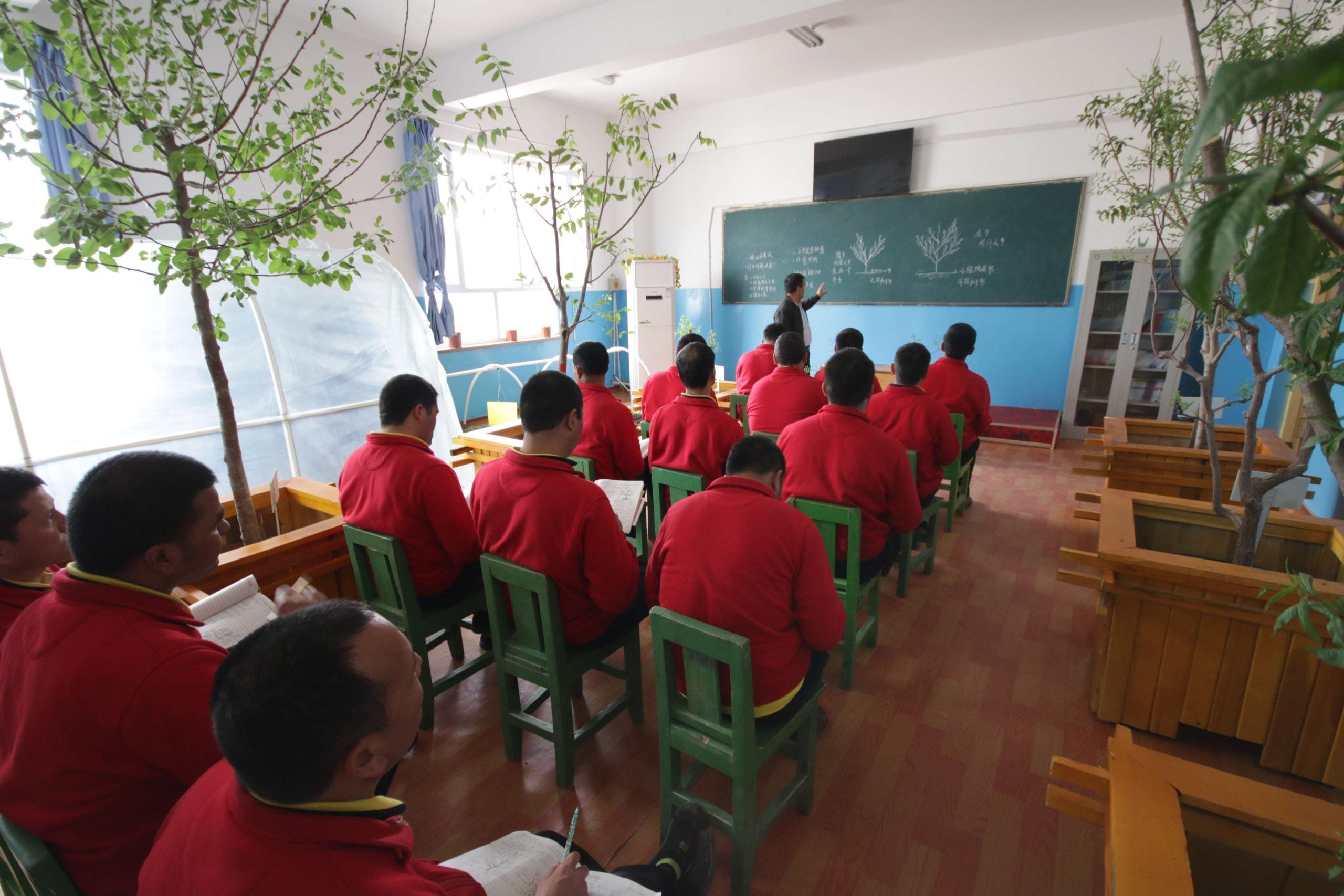
In a letter to US Under Secretary Robert Silvers, the lead sponsors of the Uyghur Forced Labor Prevention Act (UFLPA) said they acknowledged enforcement of the law is “putting substantial political and economic pressure on the government of [China] and forcing global corporations to investigate and disclose supply chains,” but they believed further enforcement issues could be seized by addressing several challenges.
What the letter calls for:
Detentions: The lawmakers raise concerns that importers whose goods are detained are claiming that the Uyghur Forced Labor Prevention Act does not apply and that these goods receive an applicability review that CBP does not believe needs to be reported. They call for greater transparency about the review process and more clarity as to why goods stopped based on evidence of a link to the XUAR or labour transfer programmes outside the XUAR are being cleared without congressional or public reporting.
“The CBP’s UFLPA Statistics Dashboard is an important first step in increased transparency, though more is needed to help Congress, nongovernmental organisations, and the public understand the tools, processes and decisions that the agency uses to enforce the law, toward our shared goal of robust implementation of UFLPA,” reads the letter.
Entity List: The lawmakers then note concerns regarding the number of entities included under the Entity List required by the Uyghur Forced Labor Prevention Act.
“It is our contention that UFLPA implementation requires a robust Entity List that can be a useful guide for importers and CBP operations. Numerous civil society groups have compiled data on many entities that are linked to the XUAR and forced labour that are not currently included in the Forced Labor Enforcement Task Force (FLETF) list. We want to understand whether this discrepancy is a matter of criteria or process or both. FLETF has received information from nongovernmental organisations and researchers that detail a wide scope of entities engaged in forced labour in Xinjiang and beyond. But all this information has not led to additional listings. Based on our staff’s briefing on the FLETF deliberative process, we are concerned that the process is too bureaucratically cumbersome to allow for effective decision-making on listings. Additionally, we do not see in the current listings any entity engaged in the state-sponsored labour transfer program. For us, the volume and scope of entity listing is an important measures of the FLETF’s commitment to implementing UFLPA. Therefore, we request that the FLETF accelerate its efforts to expand the Entity List as soon as possible, and to continually update that list during the year as circumstances require, utilising fully the data provided by reputable civil society organisations.”
Transshipment: The letter notes transhipment from third countries is a major problem in implementing the law amid global supply chains and questions whether the CBP needs additional resources, including tools and technology, to address this challenge.

US Tariffs are shifting - will you react or anticipate?
Don’t let policy changes catch you off guard. Stay proactive with real-time data and expert analysis.
By GlobalData“We request that, in its annual report to Congress on updating the implementation strategy under UFLPA, CBP report on how it intends to address this challenge of transshipment of XUAR-related goods, what kind of tools and technology it plans to employ, and what, if any, further resources it needs in this effort.”
De Minimis Imports: The letter acknowledges the challenge presented by the “de minimis” loophole in enforcing the UFLPA, particularly for companies able to ship direct to consumers.
“We know that de minimis shipping allows vendors to send materials without having to report basic data, such as country-of-origin and manufacturer, if they claim that the value is under $800, using Section 321 of the Tariff Act of 1930. In order to better understand how the “de minimis” rules affect the UFLPA implementation as we contemplate legislative actions to address this loophole, we request more information about how CBP enforces UFLPA with regard to “de-minimis” shipments from the PRC and to report to us about how CPB intends to update the UFLPA implementation strategy to address the challenges posed by direct-to-consumer businesses”.
“As we continue to support the full enforcement of this historic law that passed Congress with near unanimity, please understand our intention is to empower the FLETF and CBP to be at the forefront of this critical fight against modern slavery. We stand ready to work with you in identifying obstacles and addressing challenges in fulfilling the congressional intent in implementing this law, and we appreciate the candor and transparency you have demonstrated to date in briefing Congress.”



